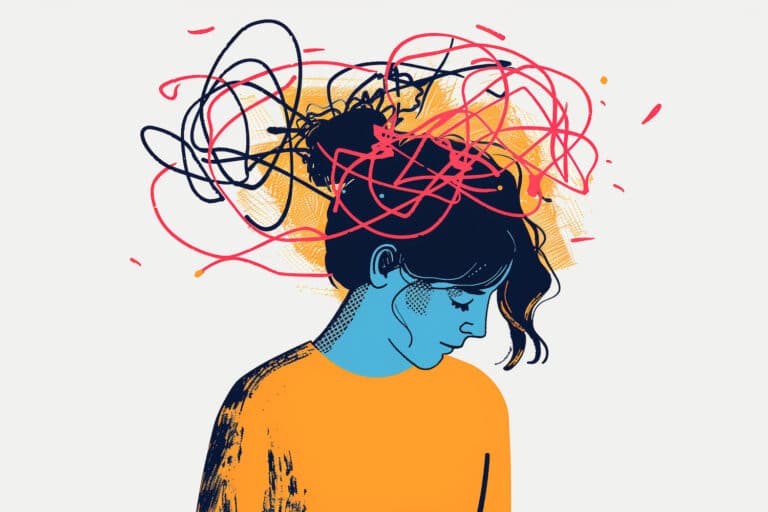It’s summertime! Get outside and enjoy the warm air! As the temperature rises, remember to pay attention to how heat affects your body. Exercising outside in the high temperatures puts extra stress on the body, and as your body attempts to cool itself, more blood circulates through the skin, leaving less blood for your muscles and increasing your heart rate.
Under normal conditions, your body will adjust to heat, but in extreme heat and as you sweat more and drink fewer fluids, it is more difficult for your body to perform a natural cooling. When the body has difficulty cooling you can suffer a heat-related illness such as heat cramps, lightheadedness or fainting, heat exhaustion, or a heatstroke.
When exercising outside, be alert for the following signs and symptoms of heat-related illness:
- Muscle cramps
- Nausea or vomiting
- Weakness
- Fatigue
- Headache
- Excessive sweating
- Dizziness or lightheadedness
- Confusion
- Irritability
- Low blood pressure
- Increased heart rate
- Visual problems
If you experience any of these, stop exercising, lower your body temperature and get hydrated.
According to the Mayo Clinic, you should take the following precautions when exercising in high temperatures:
- Know the temperature. Know the expected temperature for the time you will be outside. Pay attention to weather forecasts and heat alerts.
- Get acclimated. Our bodies can adjust to exercising indoors and in cooler weather, take it easy when moving into the high temperatures. Give your body time to adjust to the heat by gradually increasing the length and intensity of your workout. It can take at least one to two weeks to adapt to the heat.
- Know your fitness level. Be extra cautious of the heat if you are new to exercise. Your body may have a lower tolerance, and you may need to reduce the intensity and take extra breaks.
- Drink plenty of fluids. Dehydration is a key factor in heat-related illness. By staying hydrated with water, your body will sweat and cool down. Don’t wait until you’re thirsty to drink fluids.
- Dress appropriately. Lightweight, loose-fitting clothing helps sweat evaporate and keeps your body cooler. Avoid dark colors, which can absorb heat. If possible, wear a light-colored, wide-brimmed hat.
- Avoid midday sun. The best time to exercise outside is in the morning or evening when it’s likely to be cooler outdoors. Shady areas or water workouts are great for the body’s temperature.
- Wear sunscreen. Sunscreen will increase the body’s ability to cool and will decrease the risk of skin cancer.
- Understand your medical risks. Certain medical conditions or medications can increase your risk of a heat-related illness. If you plan to exercise in the heat, talk to your doctor about precautions.
Heat-related illnesses can be prevented by taking a few precautions. These simple steps combined with providing your body with proper nourishment through a well-balanced meal that accounts for energy the body needs will help to prevent heat-related illness. Remember to listen to your body always and know your ability to participate in exercises.
If you or someone you know If you or a loved one is experiencing symptoms of an eating disorder or a co-occurring mental health condition, Magnolia Creek Treatment Center can offer support services. For more information, please contact our admissions team at 205-235-6989 or complete our contact form .





